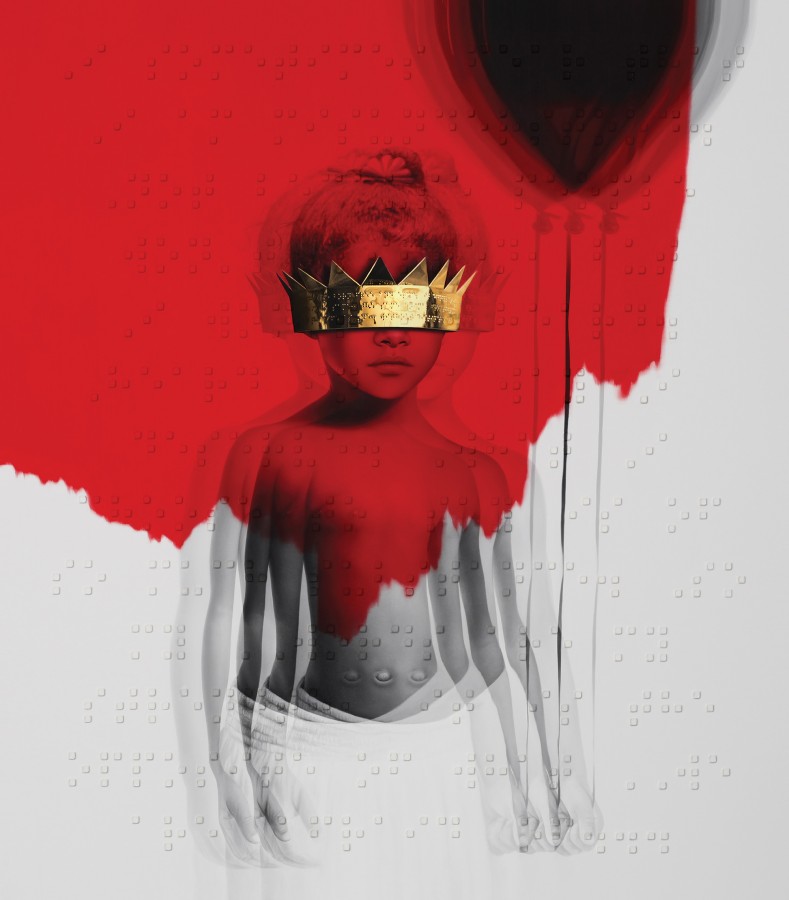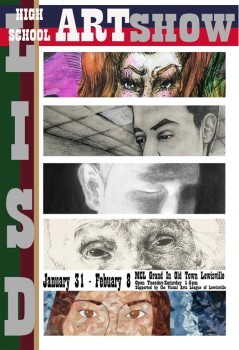On Wednesday December 19th, a live web conference occurred between Dr. Vincent Michaud and the senior astronomy classes.
Answering critical questions from students and teachers alike, the TCU graduate and former U.S Air Force veteran went in depth regarding the cautions of aerial travel at altitudes beyond humanity’s ground-based perceptions.
“With the consequences of flight and space travel so dire, people such as myself specialize in counter-acting its many negative effects on the human body,” Dr. Michaud said.
The study of aerospace medicine takes into consideration the potential risks of an astronaut or pilot’s journey, providing methods and medicines to make the trip possible.
“In aerial travel, the simple decrease in oxygen and gravity can wreak havoc on the human body,” Dr. Michaud said. “Many of space’s physiological effects can be permanent, if not all of them.”
Health risks of interstellar travel can include hypoxia, decompression sickness, trapped air, bone loss, muscle retraction, inter-cranial pressure, radiation exposure, and many more. Currently doctors on the ground review and monitor over 57 potential health deficits in each and every aerospace traveler.
“Being an aerospace med requires an ability to artificially provide for all human necessities in an atmosphere that lacks just about every element,” Dr. Michaud said. “As a result of such, we work tirelessly with those who engineer the astronaut suits, the shuttles, and everything in between to ensure that every aspect of the flight is in consideration of a particular passenger.”
With the change in atmosphere comes a change in the human’s needs as well. With about 15 pounds of pressure per square inch on all objects on the ground as a result of gravity, the lack of such can leave a returning astronaut weak, sometimes unable to stand on Earth’s surface. Extended periods in space can reshape the human eye, hindering one’s vision, requiring a separate pair of glasses.
“The cost of ideal solutions to these age old problems is generally unaffordable,” Dr. Michaud said. “Though this limits the options of space related endeavors, it makes the job of an aerospace physician seemingly endless.”
The direct insight to what goes on in the field of aerospace medication, coupled with live interaction gave students a new perspective as to what goes on in the world of NASA.
“The introduction of using live discussion really changed my idea of how the NASA missions and satellite explorations work,” senior Adam Mir said. “This made it much easier to ask tough questions, and receive professional answers from someone who only knows the facts.”
Now, the senior astronomy class of Flower Mound High School will receive the opportunity to learn straight from the NASA Headquarters annually, and interactively communicate with the professionals themselves.




